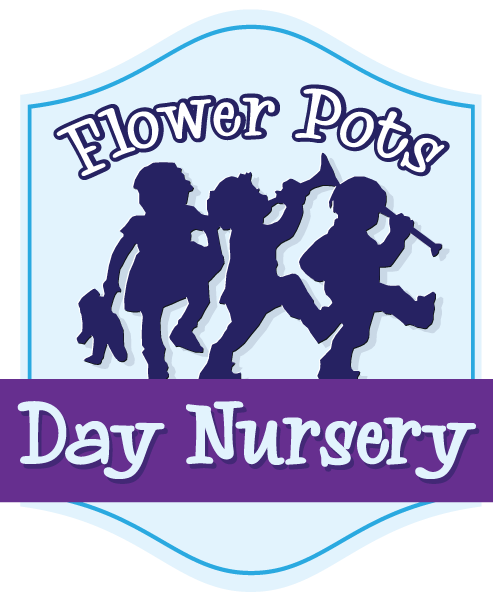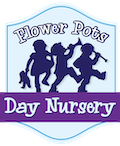Individualised Curriculum and Enrichment Activities
Personal, Social, Emotional
Personal, social and emotional development really focuses on making relationships, exploring feelings, being well cared for. These are all crucial for physical, social, and emotional wellbeing.
Activities include happily settling in at nursery, playing alongside other children or with them, turn-taking, having the confidence to try out new experiences, talking about past events or their home life, and participating in a wide range of imaginative play.
Communication and Language
Having the skills to communicate effectively in both speaking and listening is
fundamental to a child’s wellbeing. Good communication skills allow children to form relationships, share feelings and emotions. Understanding and being understood builds a child’s confidence and helps them to become strong individuals who are better able to deal with adult life.
We promote the development of communication, language and literacy skills through all our activities, specifically through singing, small group work, encouraging children to talk to staff and other children, through listening to instruction and developing attention skills, understanding the rules and boundaries of the setting and playing socially with others. The staff at Flower Pots use Wellcomm, a programme that is designed to support speech and language with all children who are aged over 18 months old.
Physical Development
Children learn by being active. Physical development takes place in all areas of
learning and development and involves both large and small movements. Physical
development helps children to improve their coordination and control, manipulation, and movement.
Examples of physical activities at the nursery include tummy time, jumping, climbing, balancing, running, walking and stretching, completing puzzles, threading, or mark-making.
Literacy
During their nursery years, we ensure that all children can develop their early reading and writing skills. We have daily fine motor skills activities to help the children build their muscles to be ready to write, as well as beginning to teach patterns and letter formations.
We have created our own phonics scheme which has a large focus on the prime listening skills to ensure our children have a strong foundation. We promote the love of reading in daily activities and designated celebration days throughout the year, e.g. World Book Day, National Read a Book day, etc.
Examples of how we promote literacy within the nursery include a regular story and song times, giving the children plenty of opportunities to explore writing and print in their environment, encouraging children to handle and look through books both alone and in social groups.
Mathematics
Children will be given the opportunity to practise and build upon their
understanding of problem solving, reasoning and numeracy to gain competence and confidence in using maths. They will begin to recognize and seek patterns and connections through exploring numbers, shape, space and measurements.
Examples of this are recognising shapes, sequences, jigsaw puzzles, understanding of size and capacities, counting, colour recognition, understanding the concept of time.
Expressive Arts and Design
This area of development allows children to explore and express themselves and involves them making choices and decisions. One of the most important aspects of this developmental area is to ensure the children feel that they, their feelings, opinions, and work are valued. This is crucial to building strong self-confidence, resilience, and esteem. Possessing these attributes will help children to grow into strong adults able to cope with our world and adult experiences. Most importantly, the creative area of development allows for children to have fun getting messy!
Examples of creative activities include singing, exploring musical instruments, gluing, painting, drawing, cutting, etc.
Understanding the World
We believe that children should be allowed to find out about their world by exploring many different resources. This area of development helps children to learn to respect and value all people regardless of their origin and abilities and to understand that other children do not always enjoy the same things. This can help to avoid children from developing prejudices and negative attitudes in later life. A child’s questioning, interest, and curiosity is always encouraged, helping them to learn about the world around them and make sense of it.
Examples of activities promoting your child’s knowledge and understanding of the world include using computers, talking about past events or their home life, understanding and accepting the differences between us all, celebrating other
cultures and religions, similarities and differences in relation to places, objects,
materials and living things.
Enrichment Activities
At Flower Pots, we try and immerse the children in new experiences which centre around national and world celebrations. This usually includes dress up, food tasting, and educational and creative activities surrounding the event. A few days we like to celebrate are Chinese New Year, World Book Day, Children in Need, Sports Relief, and Red Nose Day. We also celebrate many different religious and cultural festivals to highlight the importance of equality and diversity.
Throughout the year, we have a variety of single dress-up days, from Roald Dahl day, Holidays, Colours to Superheroes.
We set monthly challenges for the children to engage in at home which
strengthens our Parental Partnership; these include baking activities, a book of
the month.
Tapestry’s online journal is a tool we use to aid in our enrichment activities. We ask the parents to keep us up to date with what the children are doing at home so we can follow on from it or extend it further. We take into account what those experiences are and consider what else we can do to support the child. This could be a child using the journal to tell their friends about what they have done. But it could also prompt us to create an immersive experience at nursery as an extension from what they have been doing so they can share the experience with their friends. It also allows us to spot gaps in experiences and to cater for this.

